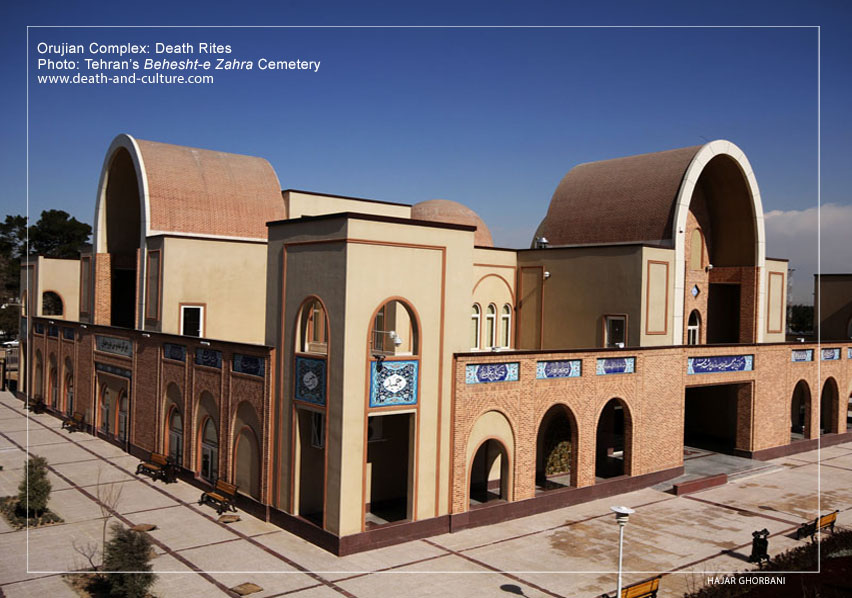
This article is a part of my fieldwork at the Tehran’s Behesht-e Zahra cemetery from 2014-2015. I published another version of this idea in Persian in Iran in 2017. In the first version, I had a collaboration with Jabbar Rahmani, anthropologist, and this version I had a collaboration with Zohreh Bayatrizi, sociologist. The idea of these papers came to my mind during my fieldwork in the cemetery. […] Tehran’s current cemetery is called Behesht-e Zahra (literally, The Paradise of Zahra, named after Prophet Mohammad’s daughter) first opened on 314 ha of land in the southern outskirts of the city in Read more…
